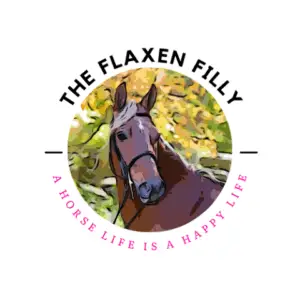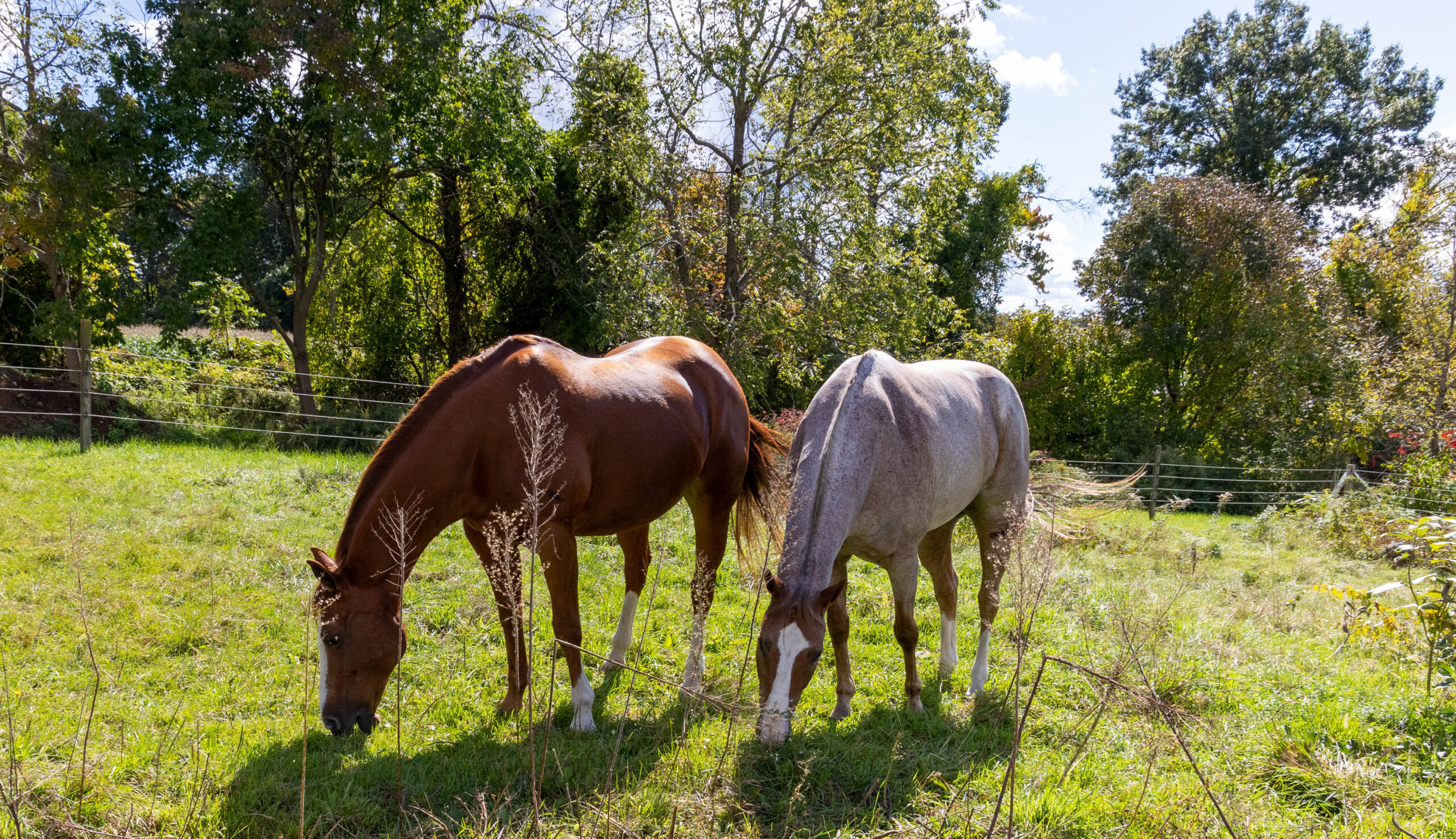Buying a horse can be both exciting and intimidating! Horses are a big commitment and very expensive, even if the purchase price isn’t much. If you’re considering buying a horse in the near future check out this article, What You Need To Know When Buying Your First Horse, to help make your buying process smooth. Next, consider the questions below to help you determine if you are ready to buy a horse!
If you answer no to any of the below questions, you’re not quite ready. But don’t worry, with the right support system and the right resources, you can get ready!
This post may contain affiliate links which means that I may earn a small commission at no extra cost to you. As an Amazon Associate I earn from qualifying purchases.
Budget: Is Your Wallet Ready To Buy A Horse?
Initial Costs
Purchase Price Of The Horse
Work with your trainer to determine what an appropriate budget for a suitable horse for your ability level should be. Horses can range in cost depending on their breeding, training, show experience, suitability for varying levels of riders, soundness, personality and ability to be bred.
Once you’ve determined what a reasonable purchase price is, next determine the amount of the additional up-front costs that come with buying a horse.
Pre-Purchase Exam
You should plan to do a pre-purchase exam which can prevent you from spending lots of money when you discover an unknown or un-disclosed health issue down the road. Pre-purchase exams range in price depending on the extent of the exam. Talk to your veterinarian about how involved you want to get before you start and find out the price range in advance. For example, if you don’t’ want to spend money on x-rays, let your veterinarian know that ahead of time. They can help you decide how far to investigate a potential issue and whether or not the horse is healthy enough to become your new partner.
Tack & Equipment For Your New Horse
You will need to calculate the cost of tack and equipment you’ll need for your new horse as well. For example, saddle, bridle, saddle pads, brushes, blankets, halter and lead rope, protective boots, etc.
Transporting Your Horse Home
Next there is the cost of transportation to get your new horse home. Unless you own a truck and trailer, you’ll need to pay your trainer or a shipping service to transport your horse safely to his or her new home. It is important to do your research and choose a shipper that will take good care of your new horse while in transit. Keep this in mind if you’re considering saving a buck and finding the cheapest option available.
Paying Your Trainer A Commission
Lastly, you may need to pay your trainer a commission. Don’t skimp on this, buying horses is not something that can easily be DIY for beginners or first time buyers. If your trainer charges for their time to help you find the right fit, you should pay them happily to look out for you and your best interest. Buying the wrong horse could cost you much more in the long run. It’s a good idea to ask how your trainer handles commission before you start booking appointments to view horses.
Now that you have an idea of all of the up front costs of buying a horse, it’s time to add them all up and decide if you can afford the cost. If not, you’ll have the information you need in order to come up with a plan to start saving!
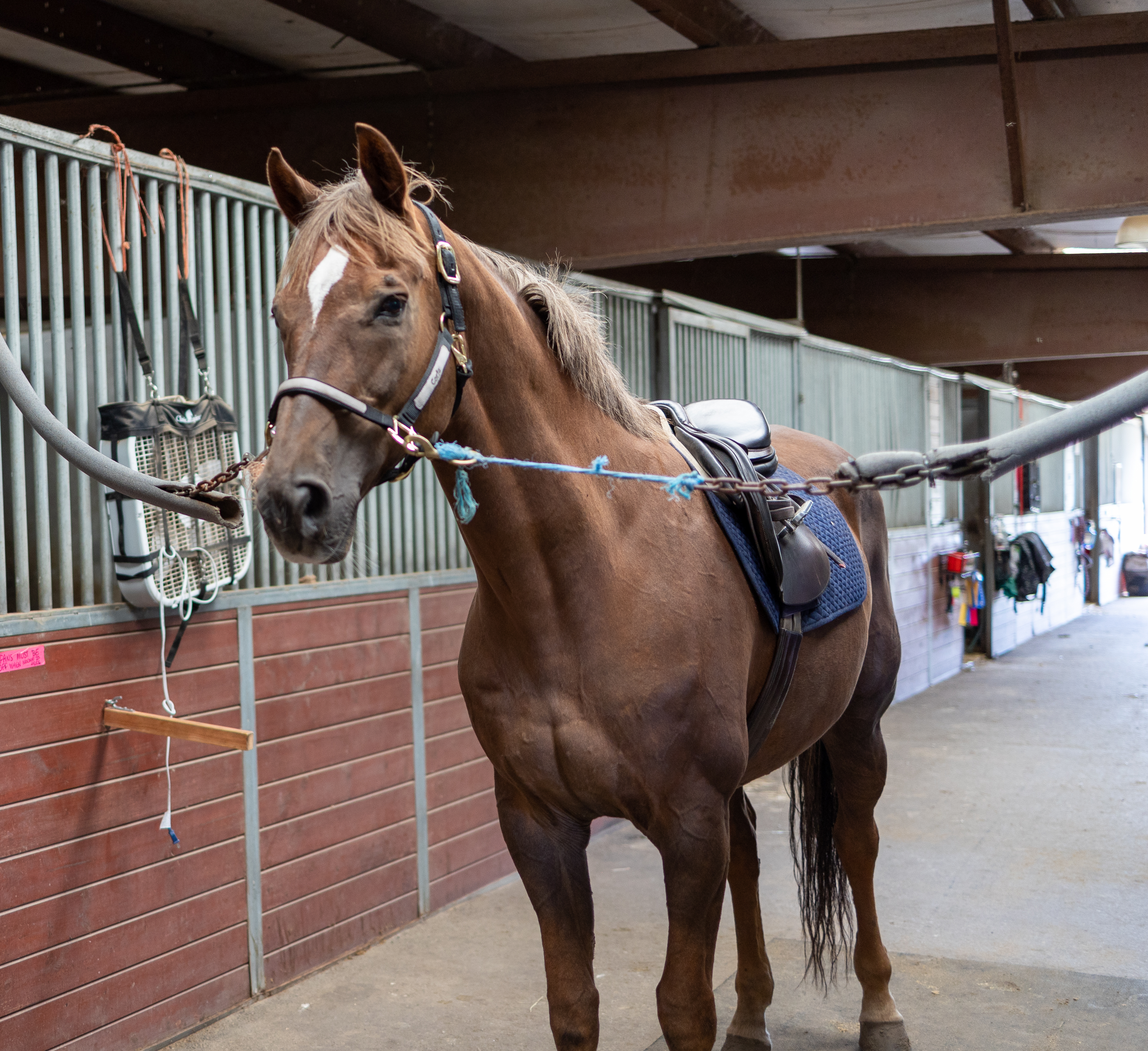
Monthly Cost Of Owning A Horse
Many horse owners will chuckle and tell you that the initial cost is the cheapest part of horse ownership. And, often times they’re right! You’ll need to find out what the going rate for boarding, lessons and farrier services are in your area. In my area, boarding can range from $200 to $2,000 per month depending on what type of board you choose.
If you choose to rough board your horse, you’ll need to add the cost of the rent plus the cost of hay, grain, shavings etc.
For new horse owners, I highly recommend full board or training board at the facility your trainer operates at to ensure your horse has the proper care, at least at first. Unfortunately, horse care mistakes with feed, allergies and injuries due to poor conditions can become costly very fast!
Next, you’ll need to calculate any other horse care related expenses for your horse. You’ll need to have a reliable farrier to trim or shoe your horse which for the average horse is every 6 to 8 weeks. You should consult with your farrier or veterinarian on your horse’s specific needs.
If you plan to use a chiropractor, massage therapist, truck to another facility for lessons etc. be sure to add those up too! Once you have the total, it’s time to assess if you are ready to buy a horse based on your finances.
Annual Cost Of Owning Your Horse
On top of the initial cost of horse ownership and equipment and the monthly operating costs, there are also annual expenses to consider. Your horse will need their annual vaccines and health check by your veterinarian.
You will also need to have your horse’s teeth floated. Horses’ teeth are constantly growing and can become sharp or grow unevenly so, an equine dentist will use a tool to file them down to keep your horse comfortable. Most horses get their teeth floated once or twice per year depending on the health of their mouth. Some horses need to see the dentist or vet more frequently.
Another annual expense is insurance, check out the options available to you and what information the insurance company will require before you buy a horse. Find out if there are pre-existing conditions that won’t be covered and if they require proof of a show record to insure the horse. The premiums will vary depending on the value of the horse and the type of coverage you elect.
Emergency Readiness For Your New Horse
When it comes to horse ownership, the question isn’t if you’ll have to pay for an injury or illness, rather, when. While horses may be big, bold and beautiful, most of them just aren’t very durable. At any point your horse could have a mild case of colic due to a weather change, or a more serious case of colic requiring surgery.
Your horse will at some point get a scratch out in the paddock, hopefully you’ll be able to avoid any puncture wounds. And, lots of horses occasionally get an abscess in their hoof.
These are just a few examples of common ailments that require veterinary attention. The cost will depend on the severity of the issue but you should be prepared for a major emergency so that if one ever happens, you’ll have the funds to care for your horse.
If you’re considering buying a horse, you should consider insurance for your new horse as I mentioned above. There are many different coverage options available but it’s nice to at least have Major Medical and Mortality Insurance in the event that your horse needs surgery or needs to be euthanized.
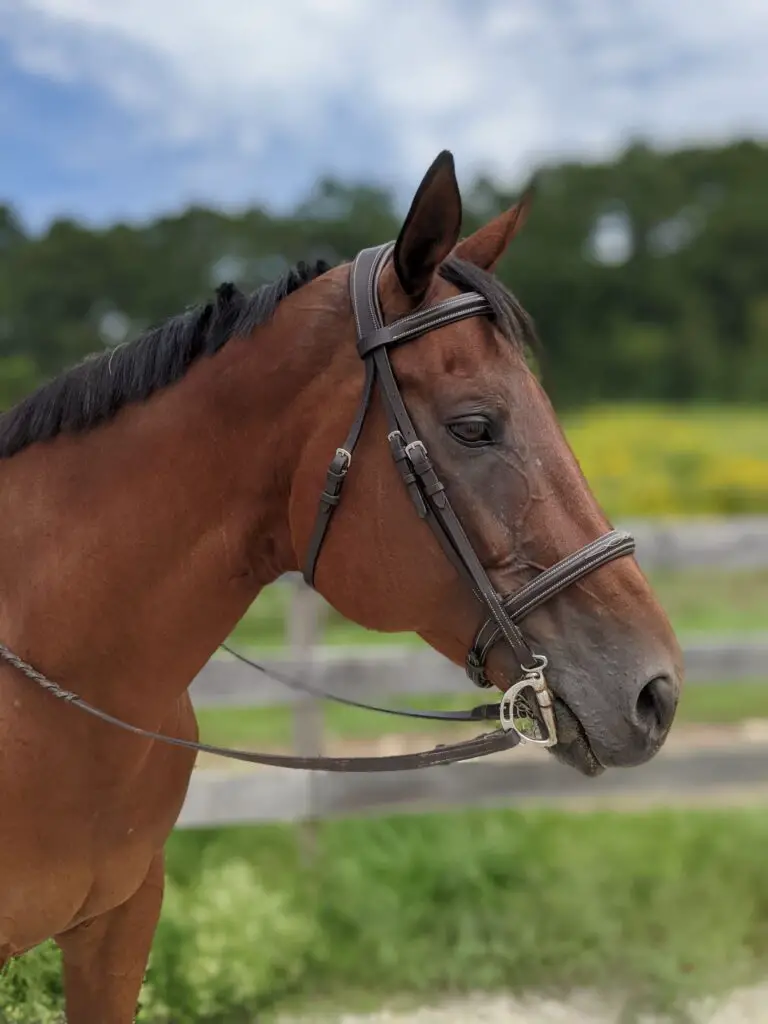
Do You Have The Experience You Need To Be Ready To Buy A Horse?
Length Of Time You’ve Been Riding
Ask yourself how long you’ve been riding, really riding, not just occasional lessons. Have you been riding consistently for at least a couple of years? In that time how many falls, spooks or other related incidents have you experienced? If the answer is none, you are not ready to buy a horse. You need to have a good understanding of how horses react and what to do about it. If you’ve never fallen off or seen a horse spook, then you haven’t been riding long enough.
Additionally, how many different horses have you ridden? If the answer is between 1 and 5 you are likely not quite ready for your own horse.
In my thirty years of riding, I’ve fallen off countless times. I’ve ridden some fantastic, athletic, world class horses. And, I’ve also ridden some nags, some pasture pets and some rogue beasts. I’ve spent years riding multiple horses per day every day, and other years where I rode a couple of times per week. I have ridden and/or cared for hundreds of horses.
And, there are still days where I feel like I know almost nothing. There is always more to learn, and that is the fun part!
The point is, you cannot learn it all in a few months or a year, it takes years, miles in the saddle and hours in the barn to understand horses. So, take a good hard look at the amount time you’ve truly spent around horses.
Independence and Skill Level
How often do you ride in a non-lesson environment? During the time you’ve been riding, how many times have you ridden a horse outside of the arena? For example at a show, trail ride, beach ride, clinic etc. If the answer is zero, you are not ready to own a horse.
To understand what it’s really like to own a horse, you need to experience first hand how horses react to things at home versus away. As you’re getting to know your new horse, it will take some time to figure each other out. Having a broad experience by riding other horses and getting to know how different horses respond to different stimuli will help.
Get Ready To Buy A Horse By Leasing One First
Have you leased a horse? Leasing a horse is a great way to experience the amount of care horses require and the financial burden without the long term commitment. If you want to test drive what it’s really like to own a horse, you should definitely lease first.
You’ll have the freedom to ride more often and on your own schedule, you can show up at the barn and just groom if you want. Leasing is the absolute best way to practice having a horse and will help you be ready to buy a horse when the time comes.
Your Horse Care Experience
Have you ever cared for a horse at your barn or helped the barn staff with chores? How often have you cleaned stalls, picked paddocks, scrubbed water buckets, turned horses in and out?
Do you know how to feed the horses at the barn? Can you read the feed chart and measure food correctly? Do you know which types of foods certain horses in your barn can or cannot consume?
Have you helped to change blankets? Do you know how and when to use different blankets? Can you wrap a horse’s legs correctly? Have you ever helped to care for an injury or colic? Do you know when to call the vet and what does or does not constitute an emergency?
If you answered no to any of the questions above, you need to spend some time at your barn helping out and learning before you purchase a horse.
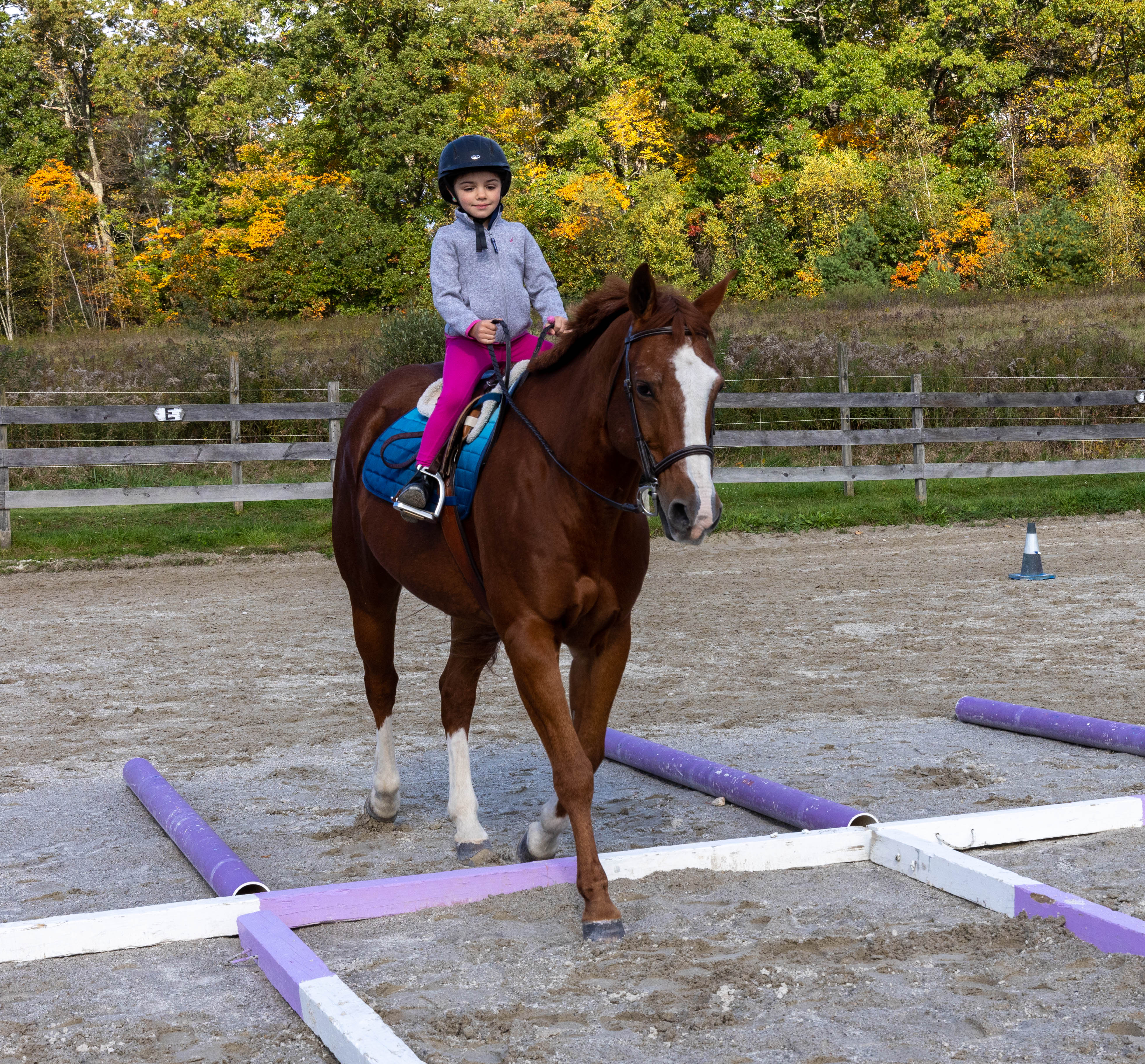
Do You Have A Professional Available To Help With Your New Horse?
Reliable Trainer Or Instructor
If you plan to buy a horse you will absolutely need to make sure you have a trainer to take lessons with. No matter how skilled you feel you are as an equestrian, everyone needs help sometimes. If Olympic riders need a coach, so does everyone else, in my opinion.
Your trainer has likely handled many horses in their career. With their experience your trainer can help you work through any obstacles as you get to know your new horse.
If you don’t have a trainer, check out this article to help you find and choose one that is a good match for you!
How To Find A Riding Instructor And What To Look Out For!
Boarding Facility
Before buying your horse, be sure to check out some boarding facilities. Decide what you do or do not need or want in a boarding barn and check availability. You may need to leave a deposit to hold a stall in order to insure you’ll have a spot for your new horse to live.
As mentioned above, it is best for new horse owners to board their horse until they are experienced care givers. Finding the right fit can be a challenge, so do your homework, check references and analyze the health of the horses at the facility you plan to board at. This is an essential step in getting ready to buy a horse for the first time.
Not sure what boarding options are available or how to choose the right barn? Check out these two articles below! The first article covers how to vet a farm in order to choose the right one, and the second article explains all about the different boarding options you may be interested in. Many farms offer more than one solution so be sure to read both articles!
How To Choose A Boarding Barn For Your Horse
The Complete Guide To Horse Boarding Options
I hope you’ve found this article helpful, if you enjoyed it please give it a share!
